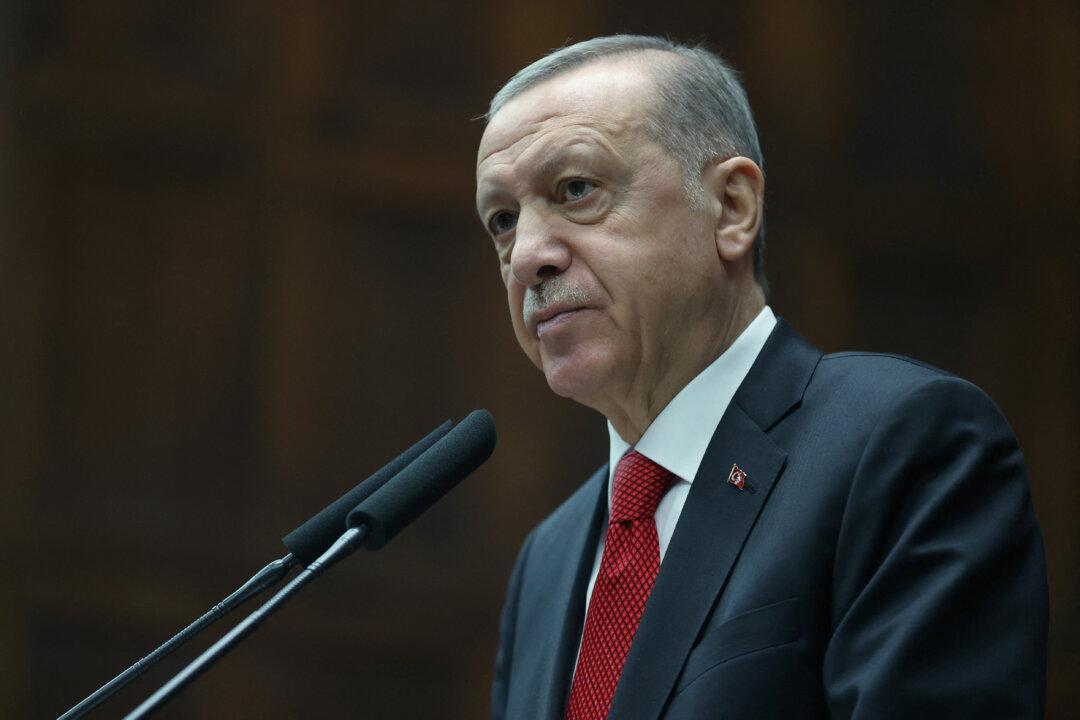A bank controlled by Turkey told the Supreme Court on Jan. 17 that it shouldn’t be criminally prosecuted in U.S. courts for allegedly helping Iran defy U.S. economic sanctions because it enjoys legal immunity as an arm of the Turkish government.
The petitioner in the case of Turkiye Halk Bankasi A.S. v. United States, court file 21-1450, also known as Halkbank, is 75 percent owned by the Turkish Wealth Fund, which, in turn, is owned by the Republic of Turkey.





